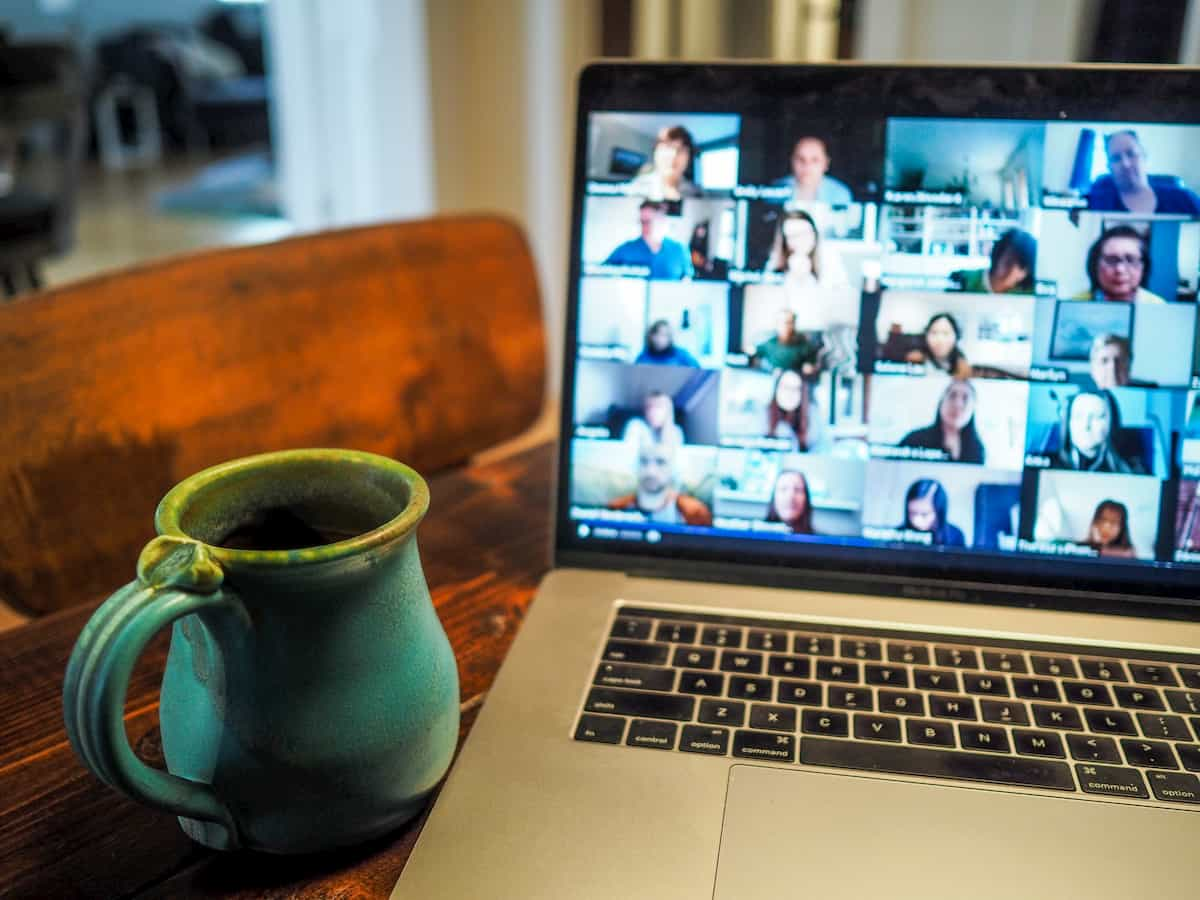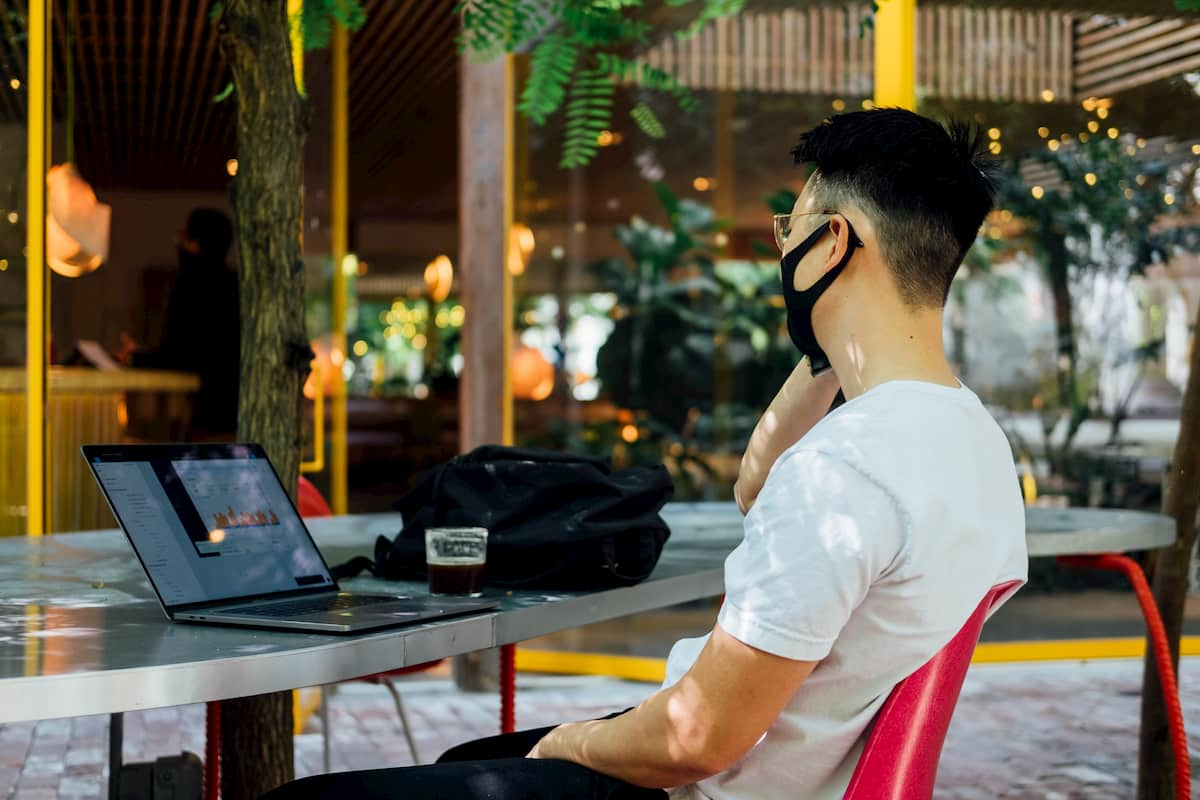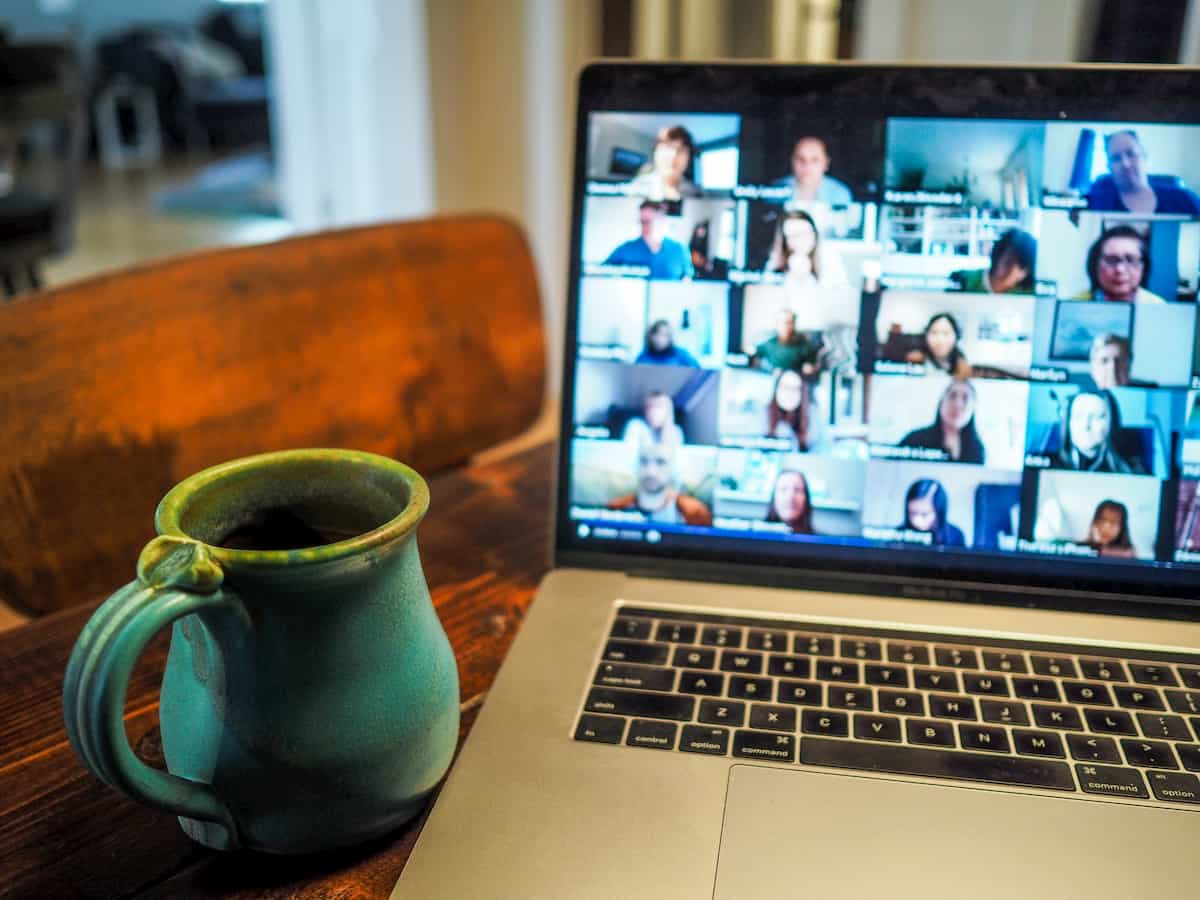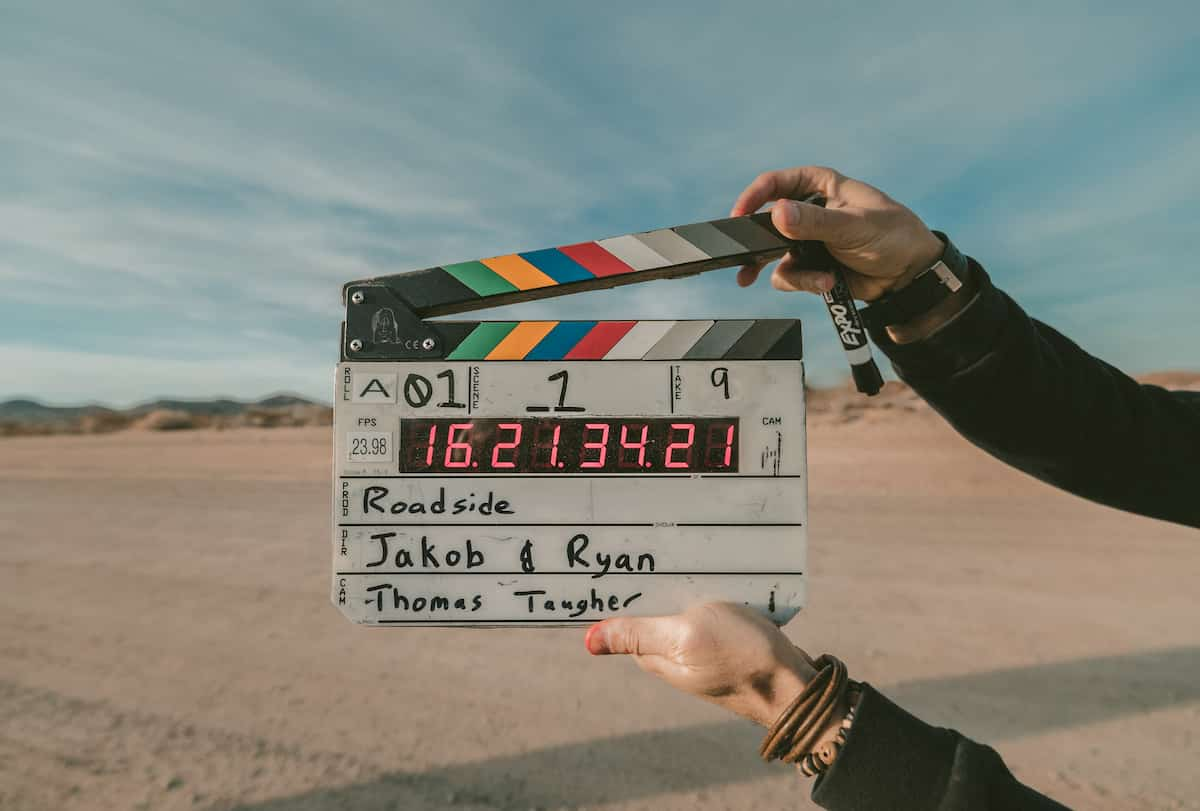It's time for a remote work retrospective

It's been over six months since many of us, especially us working in the information or creative industries, were thrown into a forced remote work situation. For some, it was a welcomed thing and for some, it's been a struggle.
I have been working in a beautiful on-site/remote hybrid mode for years already: I work where my work can be best done. Sometimes it means with people in an office, sometimes it's remote meetings, sometimes deep work at home or in a pub. Personally for me, that's the optimal situation: the work defines where and how it's done.
As a remote work enthusiast, I want to highlight something to start this with: our current situation is not normal remote work. There's a pandemic and us being stuck at home for 24 hours a day with limited social interaction is not a good representation of remote work in normal situation.
But what I really wanted to talk about today is Remote Work Retrospectives. I like retrospectives in general, I think they are a great way to improve your work and processes and how your team operates. And I think now that we're getting used to this situation and it's not going away any time soon, it's a perfect time to take some time both alone and with your team to consider if you are making the best out of the situation.

Personal Retrospective
Working remotely can be just like working from the office: sticking to 9-5, communicating with colleagues as usual (although via tools like Slack or Teams and meetings with video calls rather than in-person) and so on. But it's worth taking a look at what remote work can really offer and if your current way of working is best for you and the situation.
My favorite way of thinking about these kind of things is this: imagine a perfect work day or week. I do it on very detailed level: when would I wake up, what my morning routines would be, how would I like to splice my work and what kind of work things I'd like to focus on and when. Rather than starting from the real-life restrictions and limitations, start from the best possible.
For example, when I was doing full-time software development, I really liked to split my day into two intensive high-productive sections: few hours in the morning followed by a long break. 2-2.5hrs of lunch, taking a walk, playing video games, getting my mind away from work. Then after the break, another intensive session of work. It helped me feel better and be more productive with the time I used for work.
What are you struggling with? is another good question to ask yourself. Transforming from fully on-site into a fully remote during a pandemic is not an easy thing. It can be even harder than starting remote from scratch because there are so many things we are doing that are built for being in office and in-person interactions that can be hard to translate into remote.
But there are also other things that changed. For example, many have been happy that they don't have to commute 30 minutes or an hour one way each day but it can also be difficult to get into the work mood or get away from it when starting and finishing your day. If you struggle with that, it doesn't mean that you're bad at working remotely: it's just that the change happened fast and you need to come up with ways to counter that. Some people go for a walk around the block to mimic commute.
Or maybe it's the environment you work in that could be improved: are you working from your kitchen table when you were used to multiple screens and a nice chair at work? Or maybe you live with someone in a small apartment and it's hard to focus or do video conferences when you can't be in private.
During our busy weeks of surviving the new situation, we might not always make time to think about these things. But now is a good time to do so.
It's not all grim and gnarly though. What are the things you enjoy about remote? Is it the fact that you can take your dog for a walk during the day or that you can spend the saved commute time eating breakfast and reading a book? Maybe you can focus much better when working from home than busy office? Or the fact that it's so easy to do laundry during the day? Write those down as well and make sure you build your ways of working with the positives.

Team Retrospective
If our personal lives have been under turmoil, a lot has changed for the teamwork too. From sitting in the same room with colleagues and eating lunch together to not maybe even seeing them in 7 months other than via a screen can be a daunting change.
It's very common that the level of communication drops or feeling of belonging to a group decreases in a situation like this. And that's why it's important to think about things from the team perspective.
Gather your team together for a team retro. This forced new reality can be a good opportunity for us to critically think about the ways of the working within the team.
What's the best way for us to communicate with each other? There's no 1-to-1 replacement for asking a colleague something in the office. You can use chat tools but it's always a bit different. Some people might have turned off all the notifications because there's too many of them in bigger organizations.
If you're a developer and feel the productivity is dropping due to communication delays and issues, you could experiment with pair-programming or mob programming. Maybe you could spend a day of the week doing a synced session like that working together.
On the other hand, if the constant communication and distraction is an issue, maybe try to adopt a bit slower asynchronous communication style. Basecamp is a company that's operating fully remotely and has written a lot about the way they communicate.
The key is to look into what you've been doing now, what's working and what isn't. And to bravely experiment with new ways because remote work does require a different mindset than onsite work to be most beneficial to everyone.
Also talk about the social aspect of being in a team. Some people might feel lonely while others enjoy not having to socialize at work that much. The only people who know the situation in your team is your team. Encourage open discussion about these topics.

Call to action
A good retrospective is not just a discussion of how people are feeling. A good retrospective also includes some actions that the team decides to take. Don't over do it though: making a list of 10 things to improve leads to nothing happening because there's still all the regular work to be done.
Start with one experiment or improvement that your team agrees on and finds most important. Decide who in the team has the ownership of that action and make sure the team buys into the improvement and that it's the type of thing that the team can improve on (rather than needing lot of approval from upper management or other external parties).
Implement, test and talk about it in the next retro to see if it makes sense to continue.
Conclusion
Remote work can offer a lot of great things. I'm a big believer in a kind of a hybrid way of working: I like to match my environment with the work that needs to be done. If the work being done doesn't benefit from me being in the office, I don't go to the office to do it and vice versa.
During this pandemic, we don't have a lot of options but what we learn from remote work now (and whether we like it or not on a personal level) can transform the future of work in a big way once the situation clears and we do have an option.
So if you are in a situation where you can spare a bit of time and energy at work to look at your ways of working both on a personal level and on a team level, I highly recommend doing a retro on this remote situation.
If something above resonated with you, let's start a discussion about it! Email me at juhamattisantala at gmail dot com and share your thoughts. This year, I want to have more deeper discussions with people from around the world and I'd love if you'd be part of that.